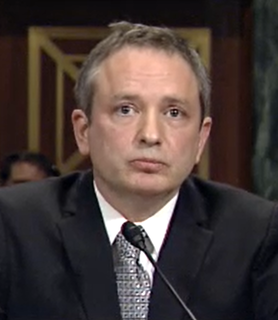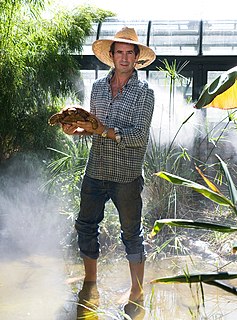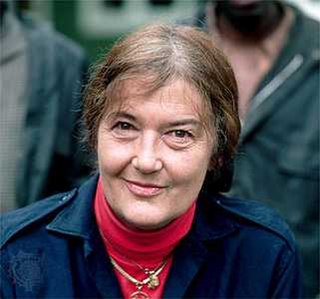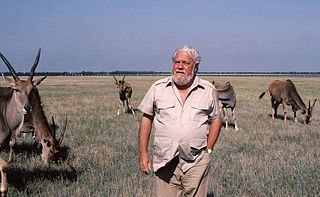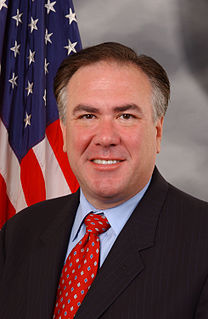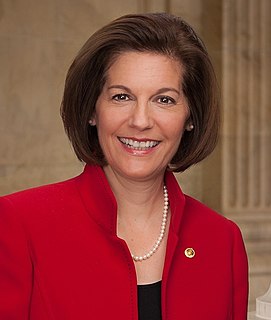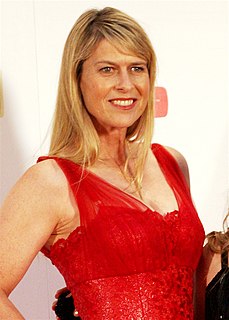A Quote by Vandana Shiva
We have a very old conservation movement, particularly in the United States, which has focused on campaigns to protect endangered species: the spotted owl, the old-growth forest. But usually it stops there. To me, biodiversity is the full spectrum. Species conservation is not only about wilderness conservation. It?s also about protecting the livelihood of people even while changing the dominant relationship that humans have had with other species. In India, it?s an economic issue, not just an ecological one.
Quote Topics
About
Also
Biodiversity
Campaigns
Changing
Conservation
Dominant
Ecological
Economic
Endangered
Endangered Species
Even
Focused
Forest
Full
Growth
Had
Humans
India
Issue
Just
Livelihood
Me
Movement
Old
Only
Other
Owl
Particularly
People
Protect
Protecting
Relationship
Species
Spectrum
States
Stops
United
United States
Very
Which
While
Wilderness
Related Quotes
You cannot begin to preserve any species of animal unless you preserve the habitat in which it dwells. Disturb or destroy that habitat and you will exterminate the species as surely as if you had shot it. So conservation means that we have to preserve forest and grassland, river and lake, even the sea itself. This is vital not only for the preservation of animal life generally, but for the future existence of man himself - a point that seems to escape many people.
I come from a family of conservation activists, and so I've had a strong connection to nature all my life. My father has been a leader within the movement for over thirty years and has taught most of what I know about environmental conservation. While he would always take me hiking, camping, and rafting, he also taught me that the spiritual value of the outdoors alone is not enough to save nature against economic interests.
The students of biodiversity, the ones we most need in science today, have an enormous task ahead of molecular biology and the medical scientists. Studying model species is a great idea, but we need to combine that with biodiversity studies and have those properly supported because of the contribution they can make to conservation biology, to agrobiology, to the attainment of a sustainable world.
Only within the 20th Century has biological thought been focused on ecology, or the relation of the living creature to its environment. Awareness of ecological relationships is - or should be - the basis of modern conservation programs, for it is useless to attempt to preserve a living species unless the kind of land or water it requires is also preserved. So delicately interwoven are the relationships that when we disturb one thread of the community fabric we alter it all - perhaps almost imperceptibly, perhaps so drastically that destruction follows.

